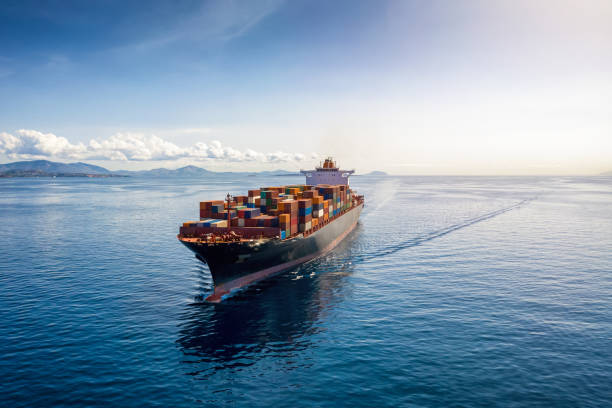"Demystifying the Intricacies of Maritime Law"
The vast expanse of the world's oceans is not just a stage for the forces of nature, but also a complex arena for legal and government issues. Maritime law, also known as admiralty law, is a specialized field of law that governs maritime questions and offenses. Less explored than other legal territories, this niche offers a unique perspective on international relations, commerce, and environmental concerns.

Contextualizing Maritime Law
Maritime law dates back to ancient times, with the earliest known maritime code being the “Rhodian Sea Law” of the island of Rhodes, believed to be from around 800 BC. It has evolved over centuries to balance the rights and duties of seafaring nations, addressing issues such as piracy, navigation rights, and international trade.
Contemporary Updates in Maritime Law
In recent years, maritime law has seen significant updates. For instance, the United Nations Convention on the Law of the Sea (UNCLOS), which came into force in 1994, established a comprehensive legal framework to regulate all aspects of the world’s seas and oceans. It addresses issues such as territorial waters, exclusive economic zones, and the conservation of marine resources.
The Impact of a Specific Maritime Law
The UNCLOS, as a specific example, has profound implications for global society. It balances the rights and interests of coastal states with those of land-locked and geographically disadvantaged states, ensuring equitable access to the sea and its resources. The UNCLOS also mandates the protection and preservation of the marine environment, which is especially relevant in the context of global climate change.
Research-Backed Maritime Law Facts
Research indicates that maritime law is more critical than ever in the face of increasing maritime disputes, piracy attacks, and environmental concerns. For instance, the International Chamber of Commerce reports a significant increase in piracy attacks, indicating the need for international cooperation under the umbrella of maritime law.
Accessibility and Depth of Maritime Law
Although maritime law might seem remote or specialized, it impacts daily life in ways we may not realize. The goods we use every day, from our smartphones to our clothes, are often transported across oceans, governed by maritime laws. Understanding this field of law helps us appreciate the intricate legal framework that supports global trade, protects our oceans, and upholds international peace and security.
In conclusion, maritime law, while seemingly complex and distant, is a fascinating field that directly affects global society. By understanding it, citizens can gain a broader perspective on international relations, commerce, and environmental conservation.






